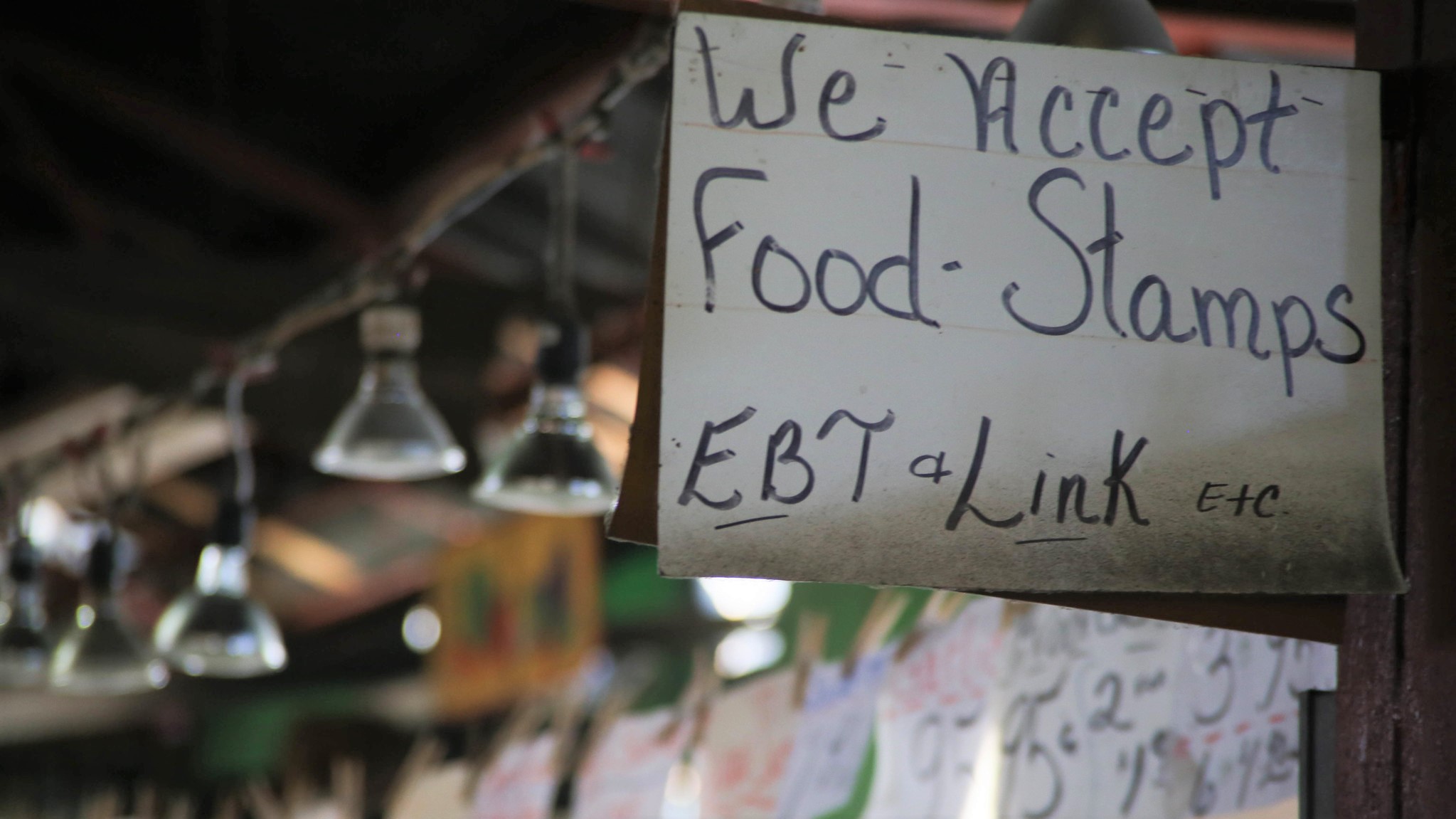A harsh rule change imposed by the Trump administration for the Supplemental Nutrition Assistance Program (SNAP) may mean that nearly 700,000 Americans will go hungry.
Prior to last week’s rule change, some eligible SNAP recipients were allowed to access up to three months of SNAP benefits in any three-year period if they were unemployed or were enrolled in a work or training program for at least 20 hours a week.
For the past two decades, states have been able to work around these limits by requesting waivers of the three-month limit in areas where there’s high unemployment or too few jobs.
According to the Center on Budget and Policy Priorities: “From the provision’s enactment in 1996 until now, both Democratic and Republican presidents alike have operated under a common set of criteria in granting waivers from the three-month cut-off. And Democratic and Republican governors alike have sought and secured these waivers.”
Because of these waivers, the most vulnerable Americans were able to stave off hunger.
Not any longer.
Under the Trump administration’s rule change, it would be harder for states to receive these waivers, thereby jeopardizing food assistance for about nearly 700,000 Americans.
AFSCME members in hundreds of occupations see the damaging ripple effect that poor nutrition has on young people and families.
In addition, AFSCME members who serve as SNAP case managers will soon be required to implement a new bureaucratic employment tracking system that will cut access to nutritious food for hundreds of thousands of needy people.
At the same time, AFSCME members receive SNAP benefits themselves. Whether they’re dedicated home care workers or custodians, or serve in other demanding yet historically low-paying jobs, AFSCME members represent the one in 10 American workers who receive SNAP benefits.
In comments submitted to the U.S. Department of Agriculture, which administers SNAP, AFSCME highlighted in greater detail how the rule change would harm SNAP recipients.
“Most of the individuals affected by the proposal are ineligible for any form of federal cash assistance because they’re not elderly, severely disabled, or raising minor children. SNAP is the only assistance they can receive to help make ends meet,” AFSCME wrote.
“The proposal would hit several groups the hardest: people who are between jobs or whose employers have cut their hours to less than 20 hours a week, and adults facing significant barriers to employment (i.e., people with no more than a high school education; people living in areas where jobs are scarce; and people of color, specifically African Americans). The proposed rule will also harm people with serious health conditions, yet not deemed disabled.”
